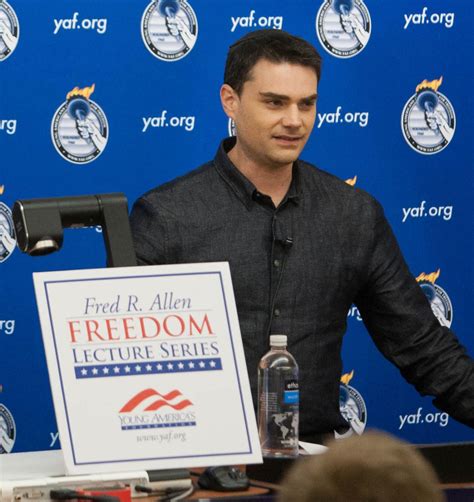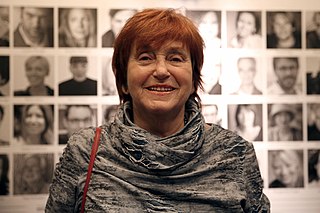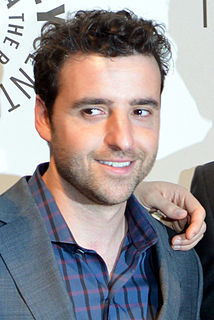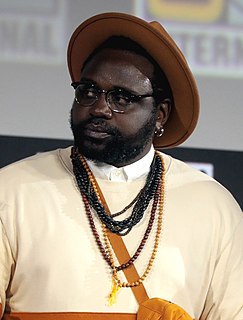A Quote by Steve Garvey
I always thought of my career as a body of work and not just about numbers.
Related Quotes
You know, you kinda think you're gonna have to work for twenty years before you get to work with Meryl Streep. So getting to work with her... I almost feel like I didn't pay enough dues, it was pretty incredible. I always thought I'd work with her, I just didn't think it would happen at this point in my career.
It felt really radically uncomfortable. And I was really not sure at first about releasing that body of work. But then the more I thought about it, the more I thought that that position, that location, is something that's just sort of interesting in its own right, as an experience, as a process. Again, we're talking about this rubric, this set of rules, this grid that I toss on top of different locations globally. This is what came out of Africa.
Lena Dunham or Miranda July, those people are sort of thinking about their work in a slightly different way than I do, where their whole body is a seed of what they're creating. I can't imagine watching Miranda's movies with anybody else playing her role, she's so integral. But for me, it feels more like every story is really individual. If I thought of something else, or thought it should be my body representing it, I'd fold my body into it. But most of the time I'm writing to get something out of my body.
Whenever we think of the body as a vessel for artistic ideas, we somehow always focus on the surface of the body. But the truth is that there is no surface of the body independent of its interior. It's obvious that the outside of the body is always connected to the inside, to thought processes and to an internal anatomy.
I've thought about my relationship to my body, my body dysmorphia, and what that means as someone who's like, 'Oh, I'm going to be on camera.' Sometimes it makes my body dysmorphia worse, but I've also tried to not let my mental illness rob the joy of getting to do something I've always wanted to do.






































